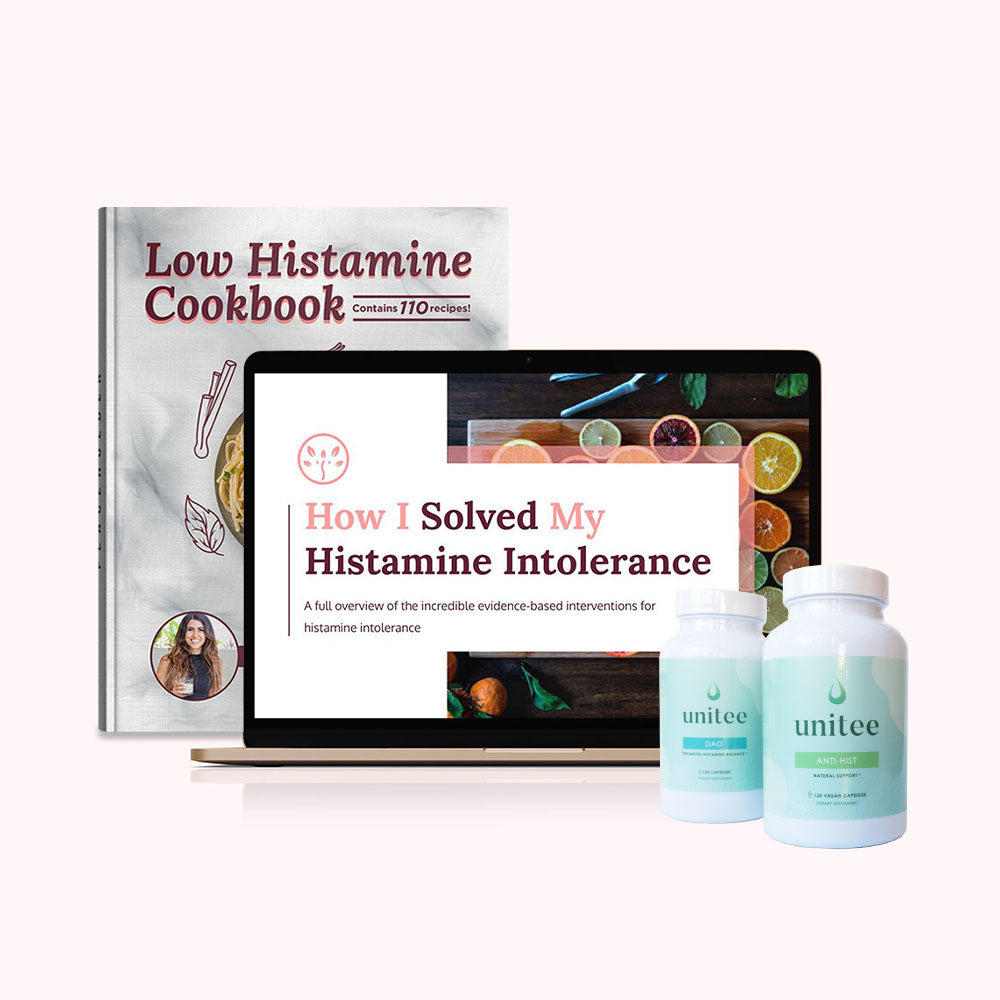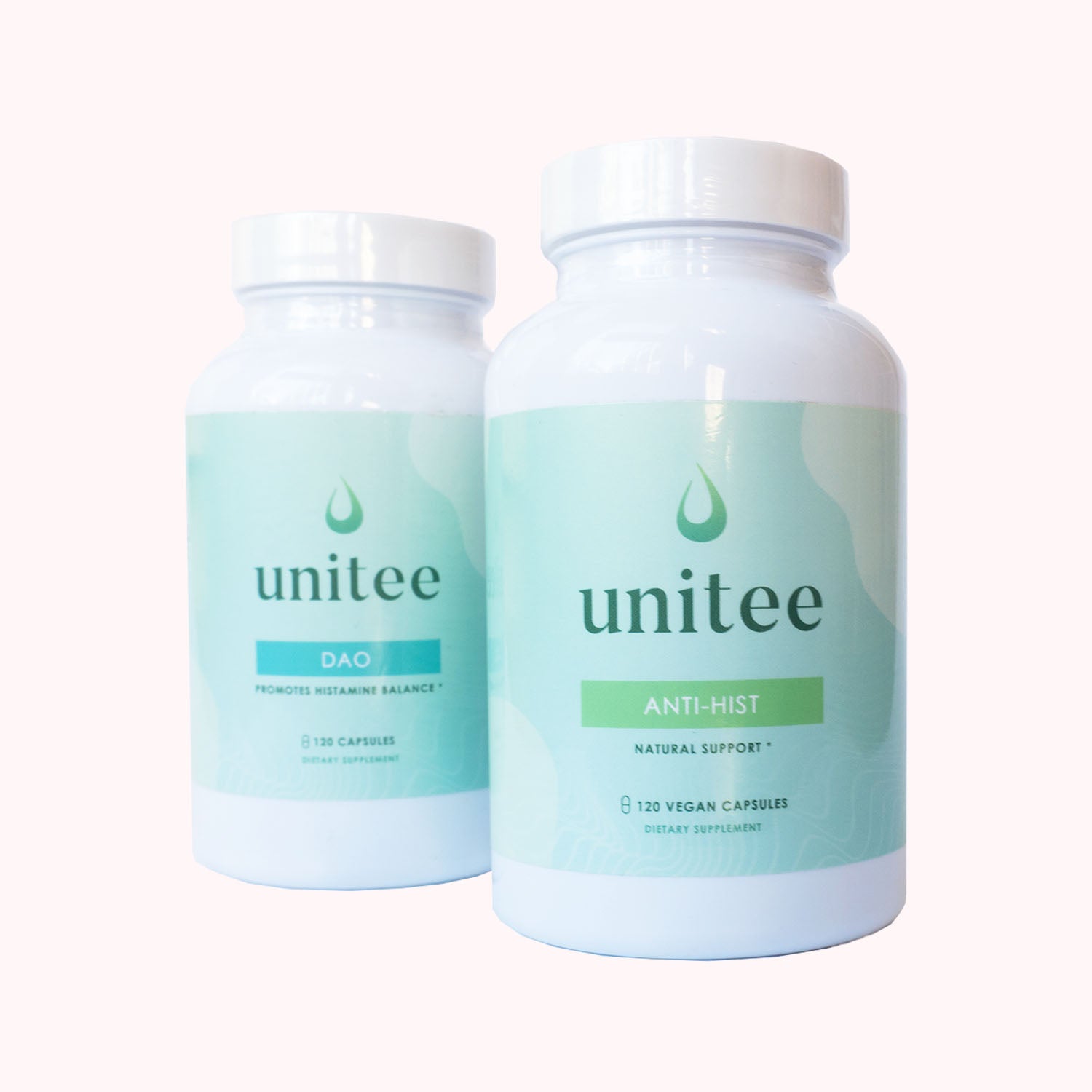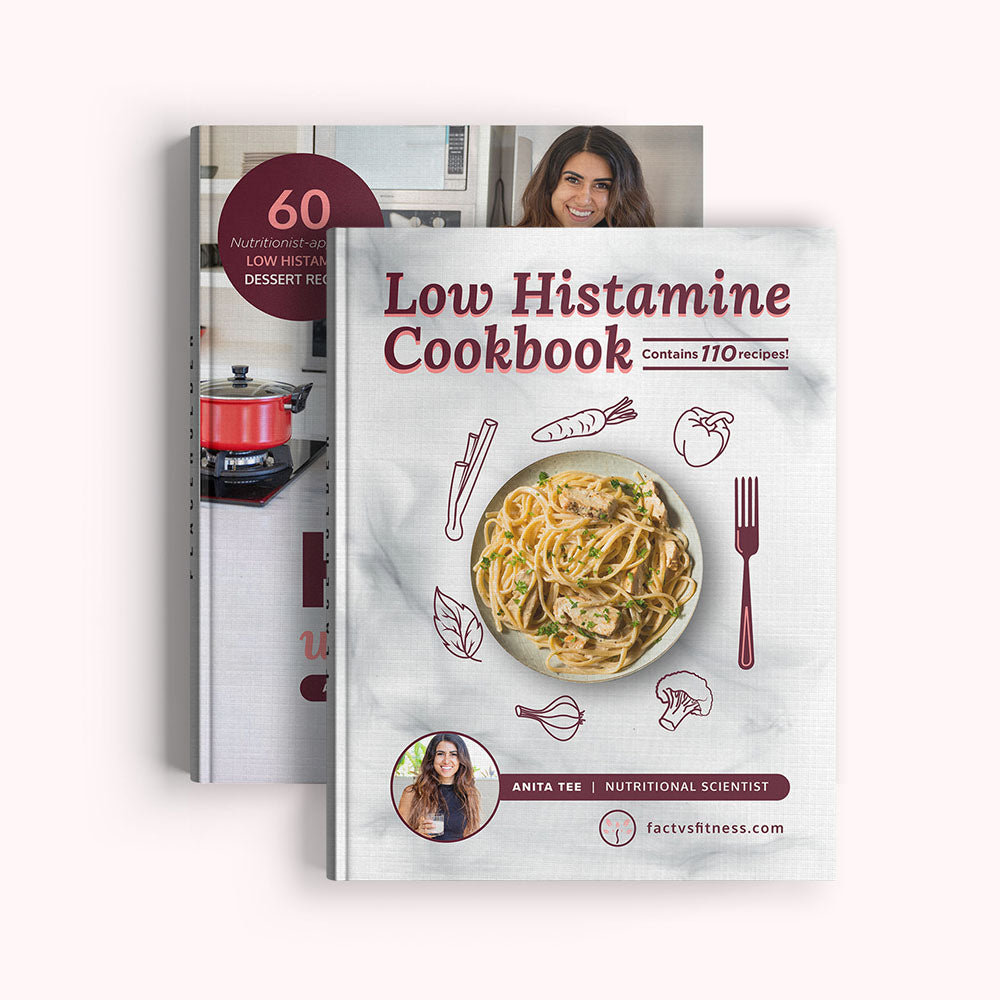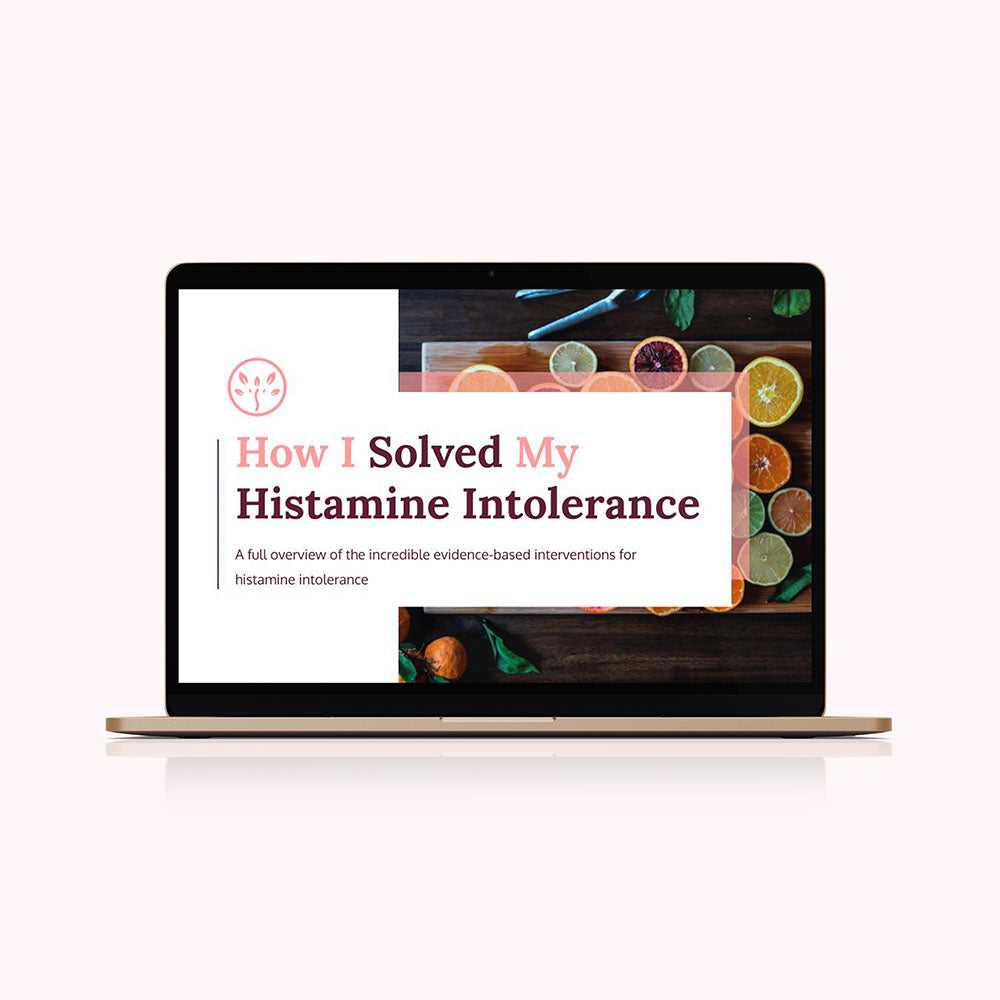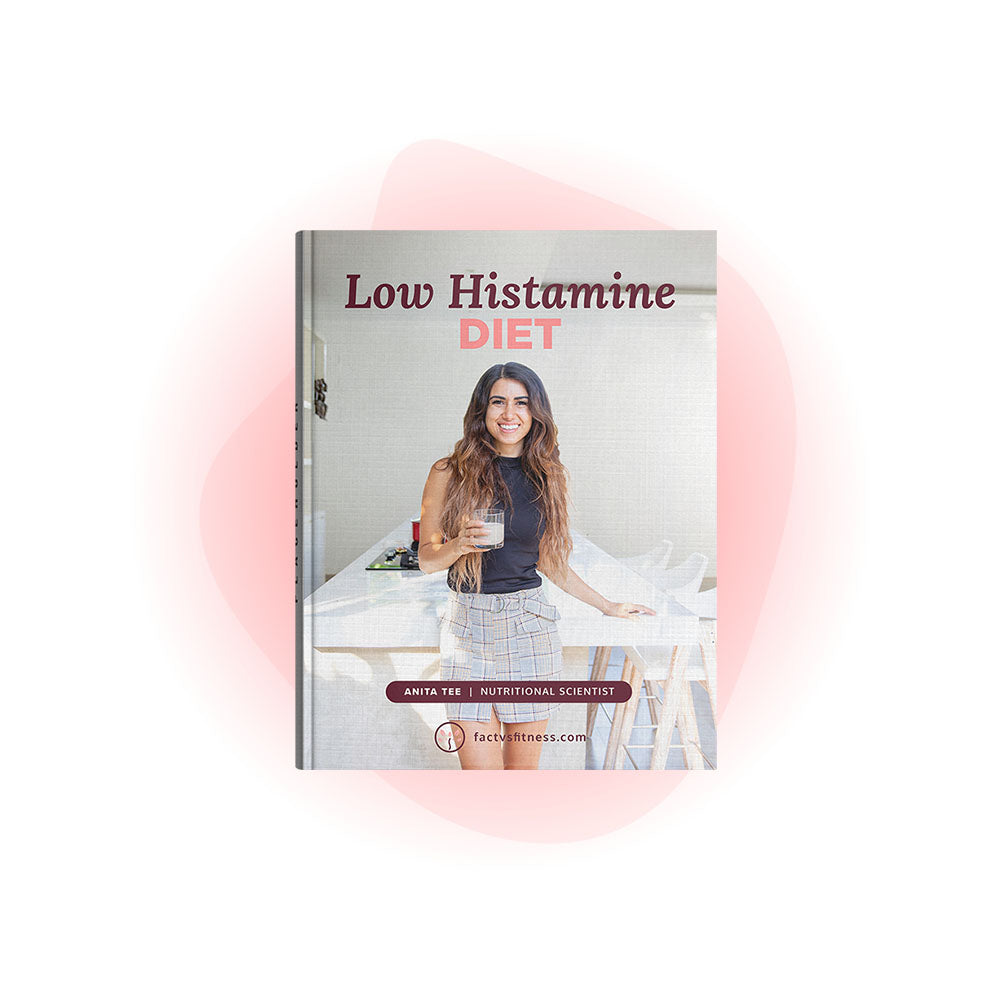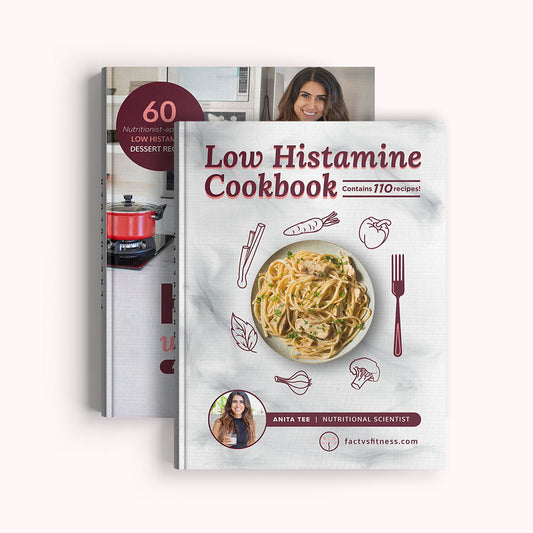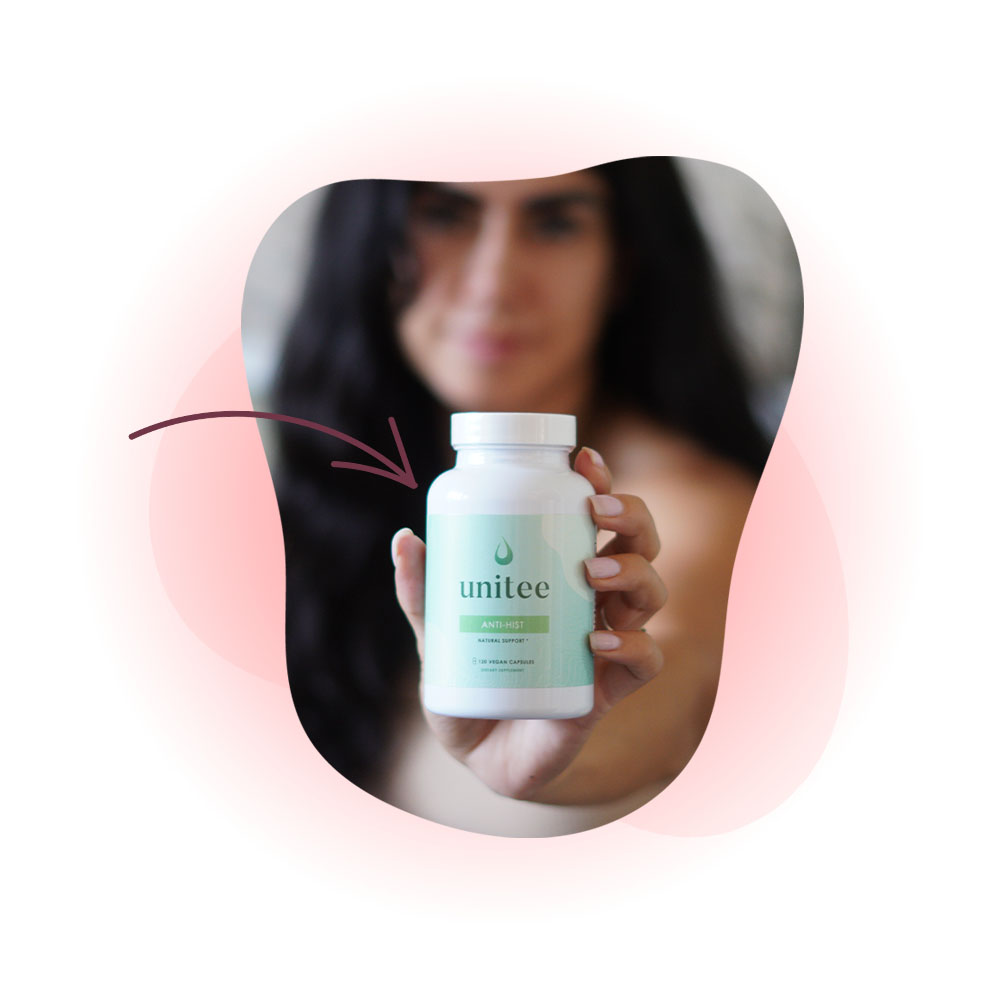Resources I Offer
What Other People Are Saying

Emily P.
Hey - Just to let you know, I cured it! I can now eat everything again (but choose not to eat gluten and dairy). Your histamine course was the initial guiding light that led me down my healing journey. I tried everything you suggested and… I got there!

Janine D.
After over 30 years of frustration…this is working!! I can’t tell you how thankful I am…this has been a very long and painful road for me and to now continue my healing…well, there are tears in my eyes! Thank you, thank you!!!!

Susan S.
I want to tell you that you are my hero. I have suffered with histamine intolerance for five years and it has all but ruined my life. I have lost those five years to thousands of dollars trying to figure out what is wrong and how to get better. Now I understand and I’m so excited! Thank you so much for all of your hard work!!

Marie P.
I am doing WAY better because of you already… It has only been two months... At its worst I couldn’t sleep, I had permanent itchiness and red marks all over my body, my skin has really started to clear and a lot of the eczema has dissipated.

Janette D.
I am SO grateful...finally...a solution to what has been plaguing me. It's only been 48 hours and already I feel the swelling in my face and around my eyes starting to calm down...now I can just stop working SO HARD at trying to be healthy...THANK YOU again!

Hazel J.
Hi Anita, May I firstly say, YOU ARE THE BEST...AND YOUR RECIPES ARE FANTASTIC :) … dots nearly all gone and I feel amazing - no bloating and no spending all night trying not to scratch those itchy rashes. I’ve been doing this for about 3 weeks...Thanks for your time and sharing your knowledge!


